Foresight is our daily
business
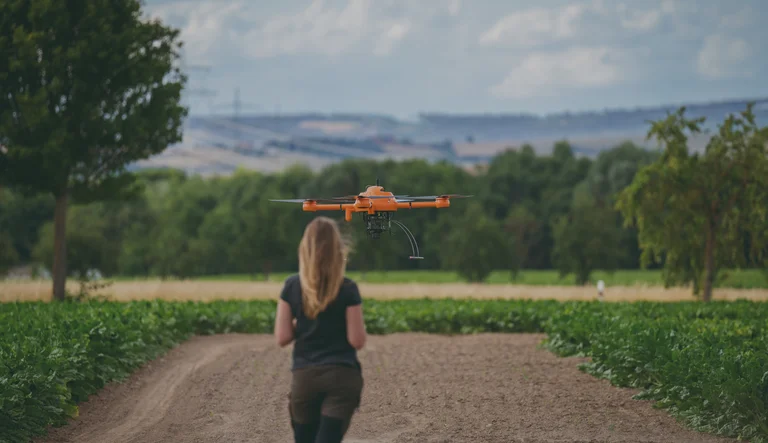
Fundamentals
Plant breeding for sustainable agriculture
Innovation at KWS is driven by research and development. KWS’ objective is to create high-performance varieties that meet various environmental and application requirements and deliver continuous value added to farmers. Plant breeding is a very research-intensive and long-term business. It takes an average of eight to ten years to develop a new, high-performance variety.
Using state-of-the-art breeding methods, KWS has generated steady yield progress for decades and supports agriculture with solutions to tackle future challenges – for example, through varieties that boast improved drought tolerance or need less pesticide. The company also increases genetic diversity, which is vital to improving crops, through its breeding work on plants. We contribute to sustainable agriculture by continuously improving yields, minimizing the use of resources and increasing varietal diversity and play a key role in supplying people with food.
Research & development report
Combination of innovations in sugarbeet
Following its successful launch, the CONVISO® SMART system is now available to farmers in 30 markets, and the market segment continues to grow. CONVISO® SMART enables improved weed control, while reducing the amount of herbicide that has to be applied, thereby contributing to more sustainable sugarbeet cultivation. Demand for Cercospora-tolerant sugarbeet varieties marketed under the “CR+” label is developing just as successfully. CR+ varieties exhibit the greatest leaf health and the highest yields – whether infested heavily or lightly with the fungal pathogen Cercospora. The in-bred resistance stabilizes yields and can help reduce the use of fungicides in sugarbeet cultivation in certain situations.
In recent years, KWS has succeeded in combining these traits in its breeding work. In fiscal 2023/2024, varieties containing both traits were sold for the first time in Austria, the Czech Republic, Italy and Romania, while such a variety was also awarded approval in Germany and will be available for growing in 2025. Such types of varieties are also undergoing Value for Cultivation and Use testing in 16 other countries. KWS can thus provide farmers with innovative sugarbeet seed offering an attractive solution for weed control, while ensuring excellent plant health and very high and stable variety performance.
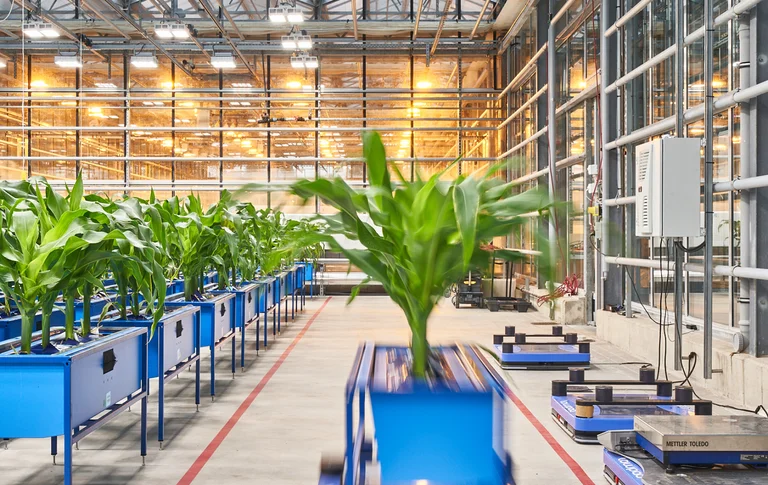
Silage corn: New varieties undergoing approval
KWS was able to report breeding successes for the northern European silage and biogas market, among other things. The German Federal Office of Plant Varieties approved two robust and stress-resistant corn varieties: KWS LUPOLLINO and KWS BERRO. They can also leverage their yield potential to the full in different cultivation situations and under challenging weather conditions. They impressively demonstrated that in the 2022 and 2023 Value for Cultivation and Use tests conducted by the Federal Office of Plant Varieties. In two climatically very different years, they impressed with a strong and stable performance at different locations and ultimately proved to be the highest-yielding varieties. Both varieties will be tested in 2024 in all state variety trials in the medium-early and medium-late silage corn segments. In addition, both varieties are also included in some state variety trials for grain corn this year. The important silage corn segment was further strengthened by new approvals awarded to the varieties HERCULIO, BALTUSO and KWS PROFUSIO in France, all of which are among the leading new approvals in this most important maturity segment and will significantly improve KWS’ silage corn portfolio in France. The approvals also mean these varieties can be sold in other European countries such as Germany.
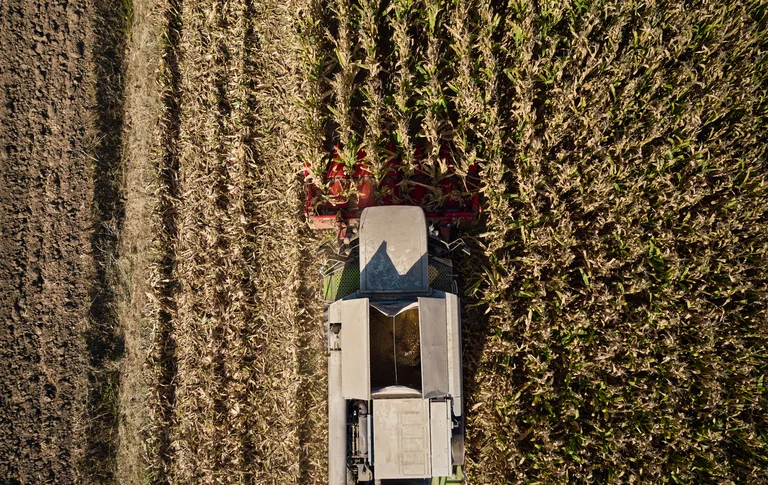
Dwarf rye – sustainable, yet storm-proof
Dwarf hybrids are a particular innovation in KWS’ rye breeding. Dispensing with the use of growth regulators, even on good soils with a high nitrate content, makes rye cultivation even more sustainable. Dwarf hybrids are shorter than conventional rye hybrids, have a longer standing upright ear and are characterized by uniform stands. They boast strong standing ability, which helps to safeguard yields even in extreme weather conditions such as heavy rain and storms.
Dwarf hybrids deliver a comparable yield to the common hybrid varieties. Because of the shorter stalk, the leaves make a greater contribution to yield formation. In dwarf rye, only the shoot growth is reduced, but not the length of the ears or root growth. The dwarf hybrids are broadly equipped with resistance genes and, thanks to the PollenPLUS® technology with increased pollen production, have a low risk of being infected by ergot.
The dwarf hybrids are particularly suitable for better, heavier soils with high nitrate levels in addition to the traditional rye locations. The homogeneous stands they form make cultivating them easier. In addition, dwarf hybrids can be harvested faster and more cost-effectively, as less straw is produced. In Germany, the first dwarf hybrid varieties are currently in their second year of Value for Cultivation and Use testing. KWS expects one or two varieties to be approved at the EU level in 2025 and for Germany in 2026.
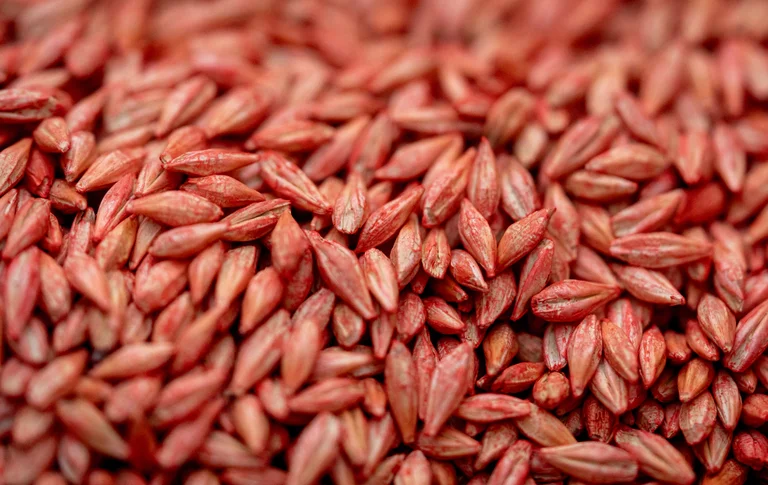
Oilseed rape: Successes in approval procedures in the core markets of Germany and Francer
Winter oilseed rape from KWS is distinguished by continuously increasing variety performance and improved resistance, with the result that sustainable, resource-conserving cultivation delivers reliable yields even under conditions where pests are spreading or there are more restrictive requirements regarding the application of fertilizer and pesticides. For example, given the growing restrictions on the use of insecticides, KWS’ genetics provide improved protection against the cabbage stem flea beetle, one of the main pests in oilseed rape cultivation.
Our oilseed rape breeders notched up significant successes in the past fiscal year: The German Federal Office of Plant Varieties approved three winter oilseed rape varieties from KWS that exhibited the best variety performance compared to competitors’ products. A variety with the new resistance gene “LepR1” against Phoma to protect the plants against stem canker or blackleg – one of the major oilseed rape diseases – gained approval in France. Products with this resistance gene will soon be ready for the market in Germany, too. Furthermore, ten varieties in France performed excellently in the first year of the Value for Cultivation and Use tests.
KWS’ breeding material contains further resistance genes that are waiting to be used. In this way, KWS is helping to preserve oilseed rape as a competitive crop long-term that supplies oil for the food industry and biofuels and provides a domestic source of protein for processing in compound feed production.
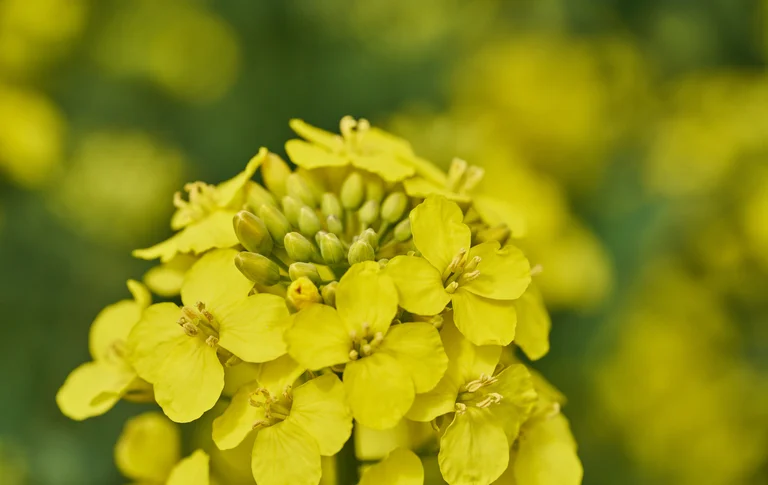
Vegetables: Expansion of breeding and research capacities
Establishing and expanding breeding and research locations is vital in ensuring that KWS attains its strategic position in the market for vegetable seed in the long term.
In March 2024, KWS opened its first breeding station in Mexico to drive the development of tomato and pepper varieties for the Mexican market and to conduct screening activities for cucumbers, melons and watermelons. The new breeding station in Navolato in the state of Sinaloa covers 10 hectares and comprises warehouses, offices, a large section for open-air cultivation and greenhouses with a total area of 4,500 m2, which is set to grow by a further 5,000 m2 in the coming years. The team consists of around 45 breeders, agricultural experts and seasonal workers.
A new research and breeding station was inaugurated in Brazil in June 2024. The site in Uberlândia in the western part of the state of Minas Gerais is 13 hectares in size and comprises warehouses, offices, 3,800 m2 of greenhouses and 7 hectares of outdoor areas. Around 60 researchers, breeders and agricultural experts focus on developing tomato, melon and watermelon varieties.
A greenhouse, a research area for outdoor crops and an office and laboratory building will be established over 10,000 m2 at the Andijk site in the Netherlands by spring 2025. The new greenhouse will be used for research into the outdoor crops spinach, beans, red beet and Swiss chard, among other things. A further section is intended for cucumbers and peppers. The focus here is on trials with and the reproduction of doubled haploid plants developed at KWS’ research location in Wageningen.
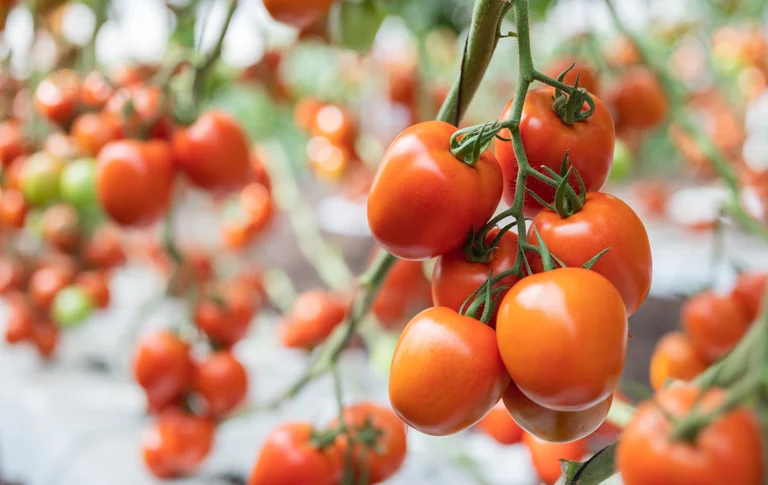
Use of artificial intelligence in research and product development
Artificial intelligence (AI) is vital in research as it supports the automation of tasks and the analysis of big data and can improve decision-making by delivering insights and recommendations.
KWS has been using artificial intelligence for several years to quantitatively record and analyze the external appearance (phenotype) of plants. This digital phenotyping involves automatic analysis of images from drones, mobile phones and, more recently, satellites. The use of deep learning techniques makes it easier to identify plant diseases and assess plant traits such as drought tolerance. By rolling out digital phenotyping workflows, KWS has been able to replace some labor-intensive field activities and achieve greater accuracy in data capture.
KWS uses machine learning algorithms to assist in the comparison and selection of varieties during product development. The selection models incorporate various variables from environmental and genomic information to support breeders’ decisions and shorten the time to market for new varieties. As part of its strategic “Connected Seeds” initiative, KWS uses the data collected during product development to create predictive models that are tailored to its varieties. That provides farmers with precise cultivation recommendations that result in better yields and more efficient use of resources.
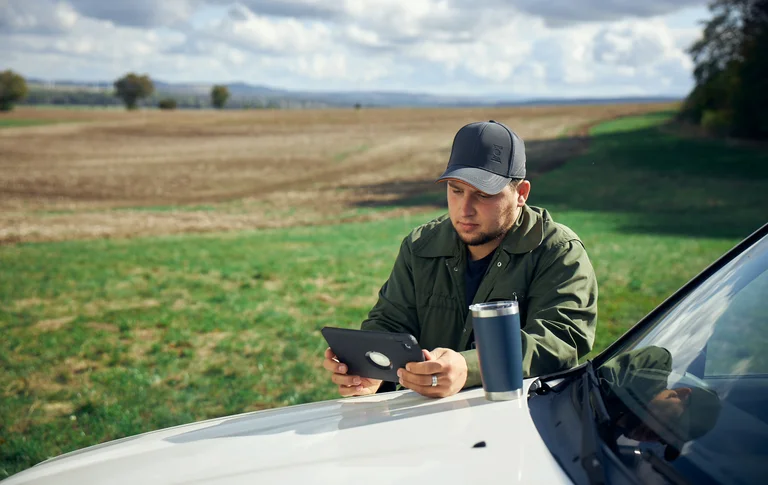
Construction of a new elite storehouse in Einbeck
Construction of the new elite storehouse at headquarters in Einbeck at a cost of around €50 million is the largest single research and development investment in KWS’ history. The newly constructed building offers 13,000 m2 of space to securely store up to 1.3 million batches of sugarbeet, fodder beet, oilseed rape, catch crop and pea seed.
The new elite storehouse means far more seed samples can be processed and kept for breeding. The optimized climatic conditions in the elite storage facility – a temperature of 6 to 8 degrees Celsius and a humidity of 30%– ensure the seed is protected and retains its germination capacity for a long time. By preserving this enormous diversity of breeding material that has been built up over many decades and is constantly growing – and thereby ensuring our long-term innovativeness – the new building supports the increasingly demanding work involved in developing new high-performance varieties that, in addition to a high yield, have other traits such as drought tolerance, resistance to pests and resource efficiency.
Waste heat from a sewage treatment plant is used to heat the new building and photovoltaic modules supply electricity. These measures will help KWS achieve its climate targets of reducing Scope 1 and Scope 2 emissions by half by 2030 and becoming net zero by 2050.
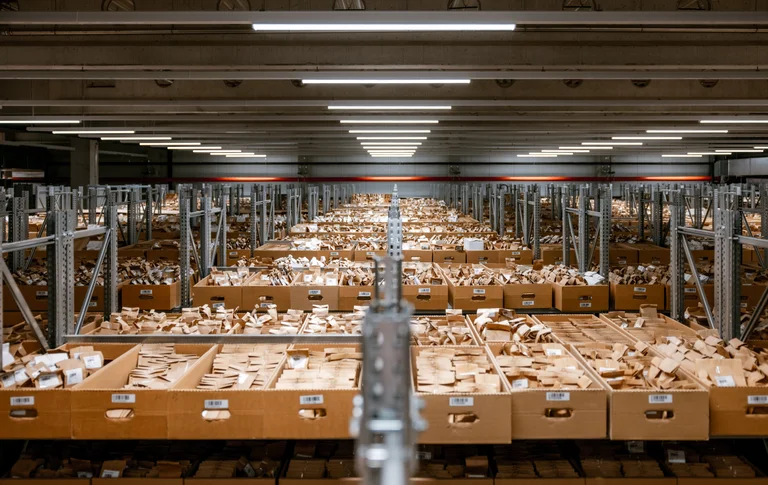
Further information can be found in our KWS Portrait
R&D expenditure
Investment in the future
To be successful in the long term, continuous and intense research activities are required. It takes eight to twelve years for a new variety to be approved and become available to the market. In the 2023/2024 business year we invested €325.6 million in research and development for high performing seeds.
